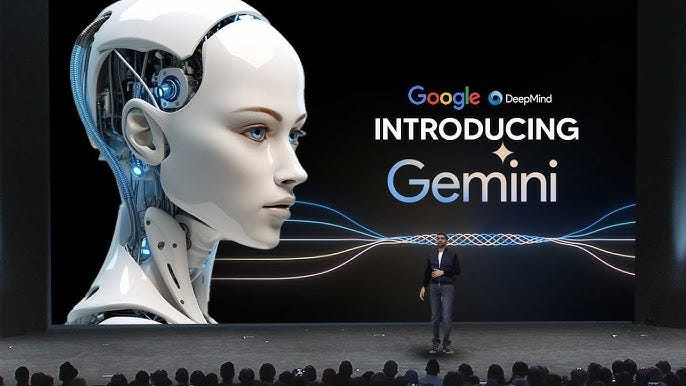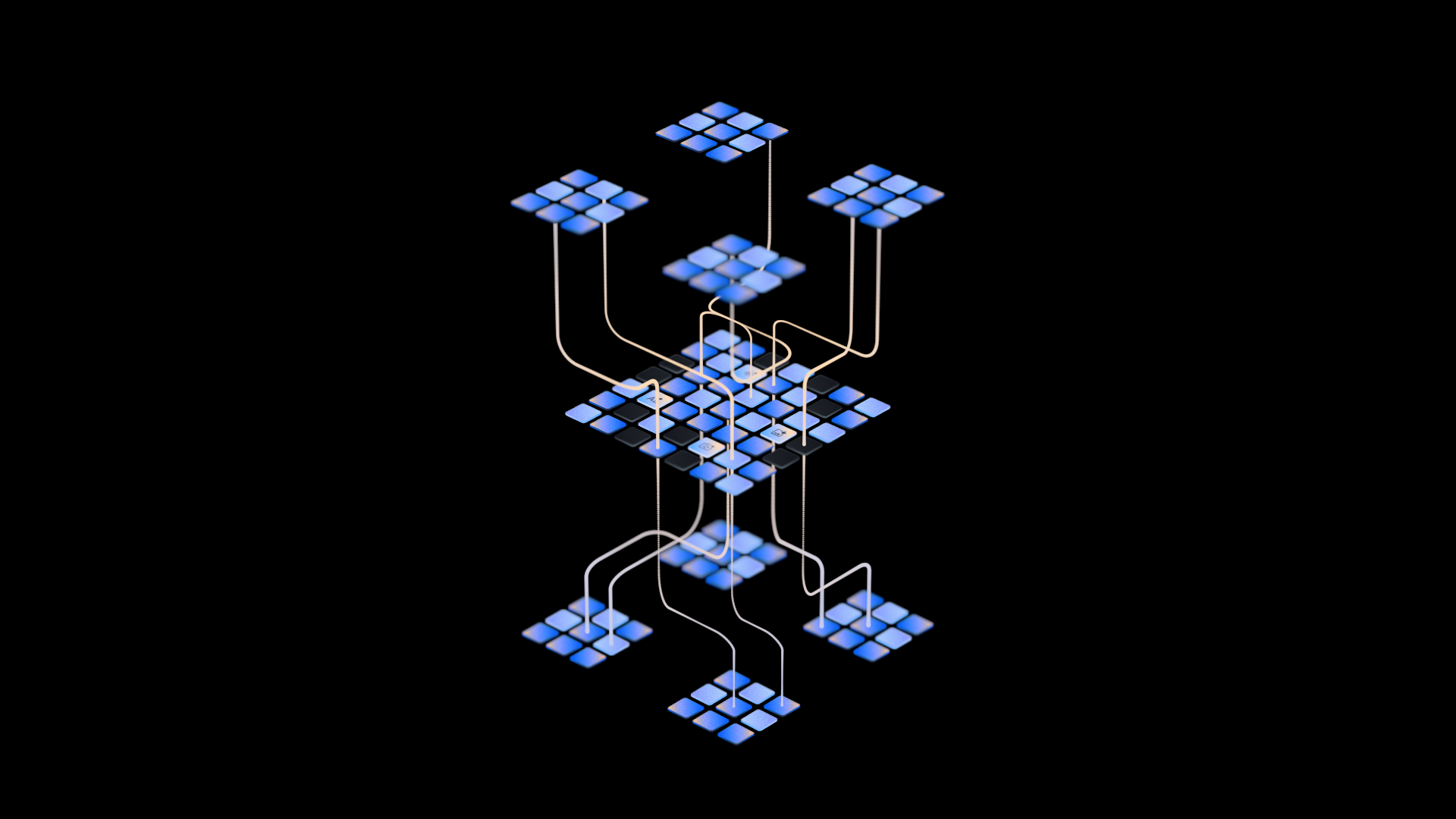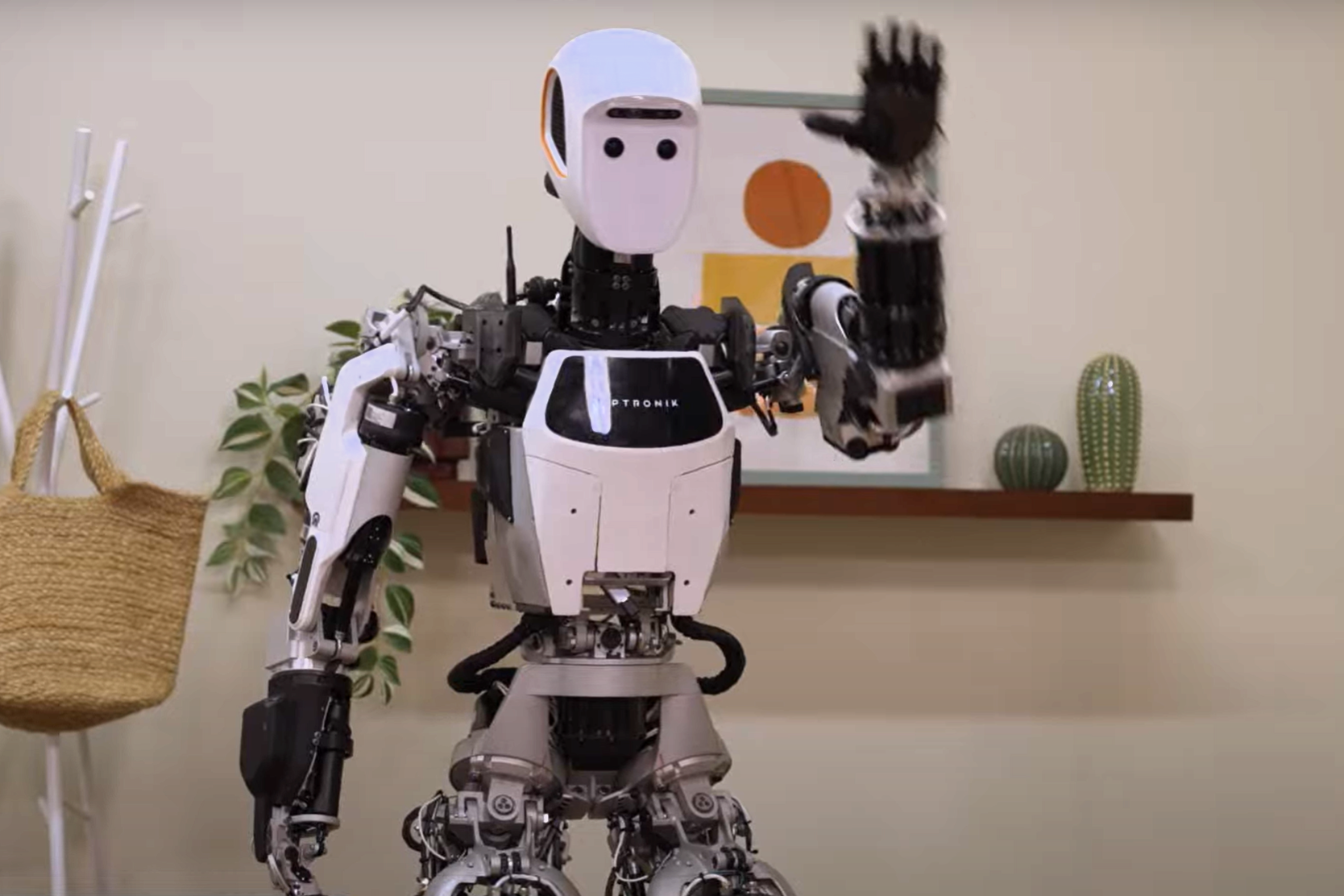Google DeepMind reveals details about the future of Gemini & AI
DeepMind, Google’s AI-focused division, has been at the forefront of advanced developments in artificial intelligence, with technologies permeating various products. Despite this, there are ongoing projects that have yet to see widespread implementation. One such project is Gemini, which is poised to undergo significant enhancements in the near future.
Advancements in Gemini Live
In a recent interview with 60 Minutes, Demis Hassabis, the CEO of Google DeepMind, shed light on the path they are paving in the realm of AI. The discussion kicked off with a greeting from Project Astra, Google's advanced conversational experience. This exchange indicated an element of memory within the AI, recognizing the interviewer from a previous encounter.

Notably, Gemini Live has integrated multimodal capabilities into its chatbot, allowing it to visually perceive its environment or on-screen content. Users can now engage with Gemini in real-time by asking questions about its surroundings. While the current iteration lacks the ability to retain past conversations, developers are working on an enhanced version with extended memory to enable personalized follow-up queries.
Future Enhancements and Capabilities
Hassabis also disclosed that Astra's AI functionalities are compatible with smart glasses, hinting at potential collaborations with upcoming tech products. Additionally, he shared insights on the future trajectory of Gemini, emphasizing the integration of "agentic" features. Google CEO Sundar Pichai had previously teased similar capabilities under the moniker Project Mariner.

While the goal is to imbue Gemini with agentic attributes, Hassabis foresees the realization of AGIs (artificial general intelligence) within the next 5 to 10 years. By 2030, he envisions a system deeply embedded in daily life, comprehensively understanding its environment and engaging with users seamlessly.
The Quest for Self-Aware AI
During the interview, the topic of a self-aware system, resembling superintelligent AI, surfaced. Hassabis acknowledged the theoretical possibility of such technology but emphasized that current systems lack true self-awareness. He articulated a vision where machines might acquire a form of consciousness intrinsically through AI advancements.

As discussions veered towards consciousness and self-awareness, the CEO explained the intricacies of potential AI sentience. Drawing parallels between human consciousness and machine operations, he highlighted the divergence in substrates between carbon-based life forms and silicon-based machines.
To delve deeper into the interview and insights shared by Demis Hassabis, you can view the full discussion below.
Copyright © 2025 Android Headlines. All Rights Reserved.










